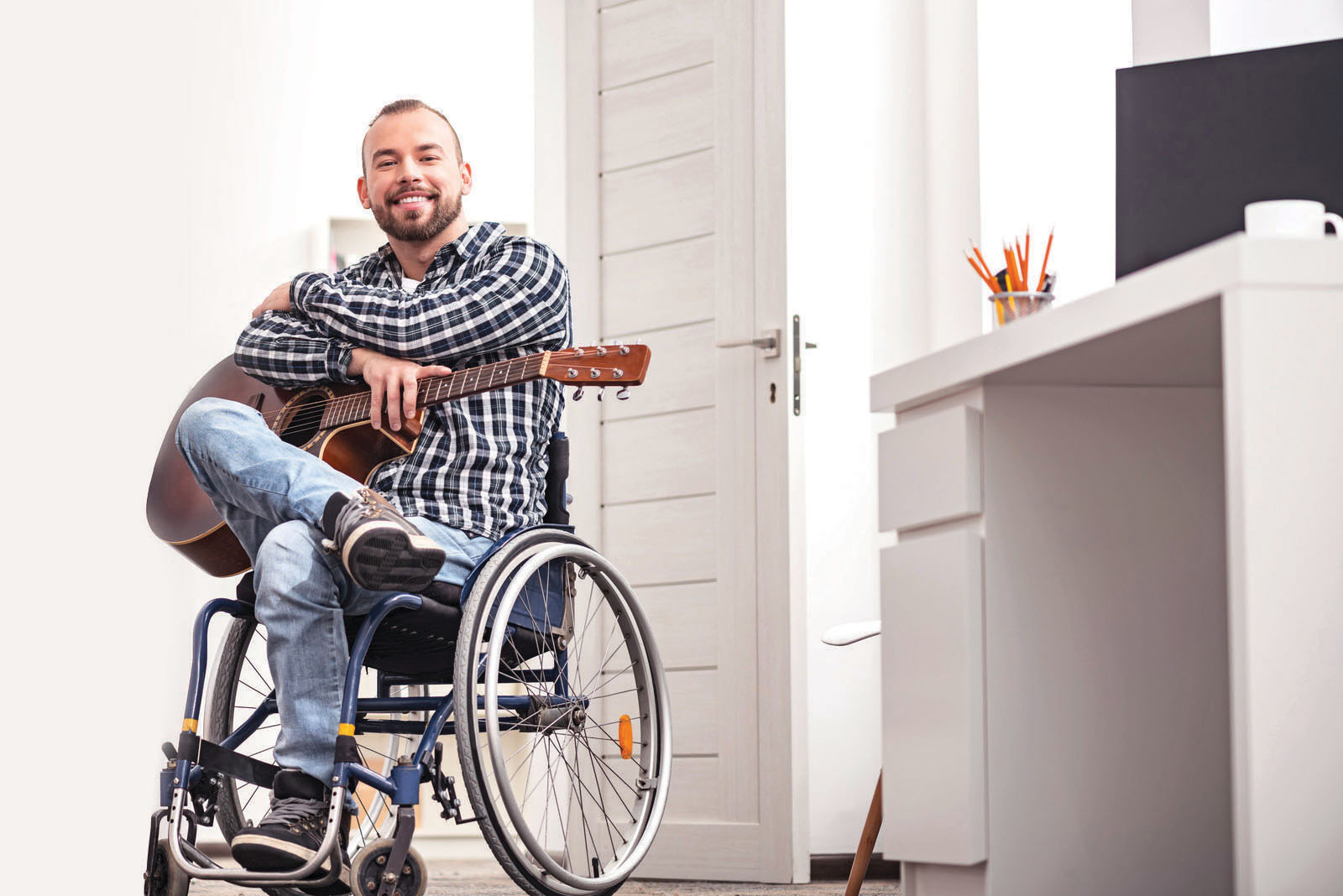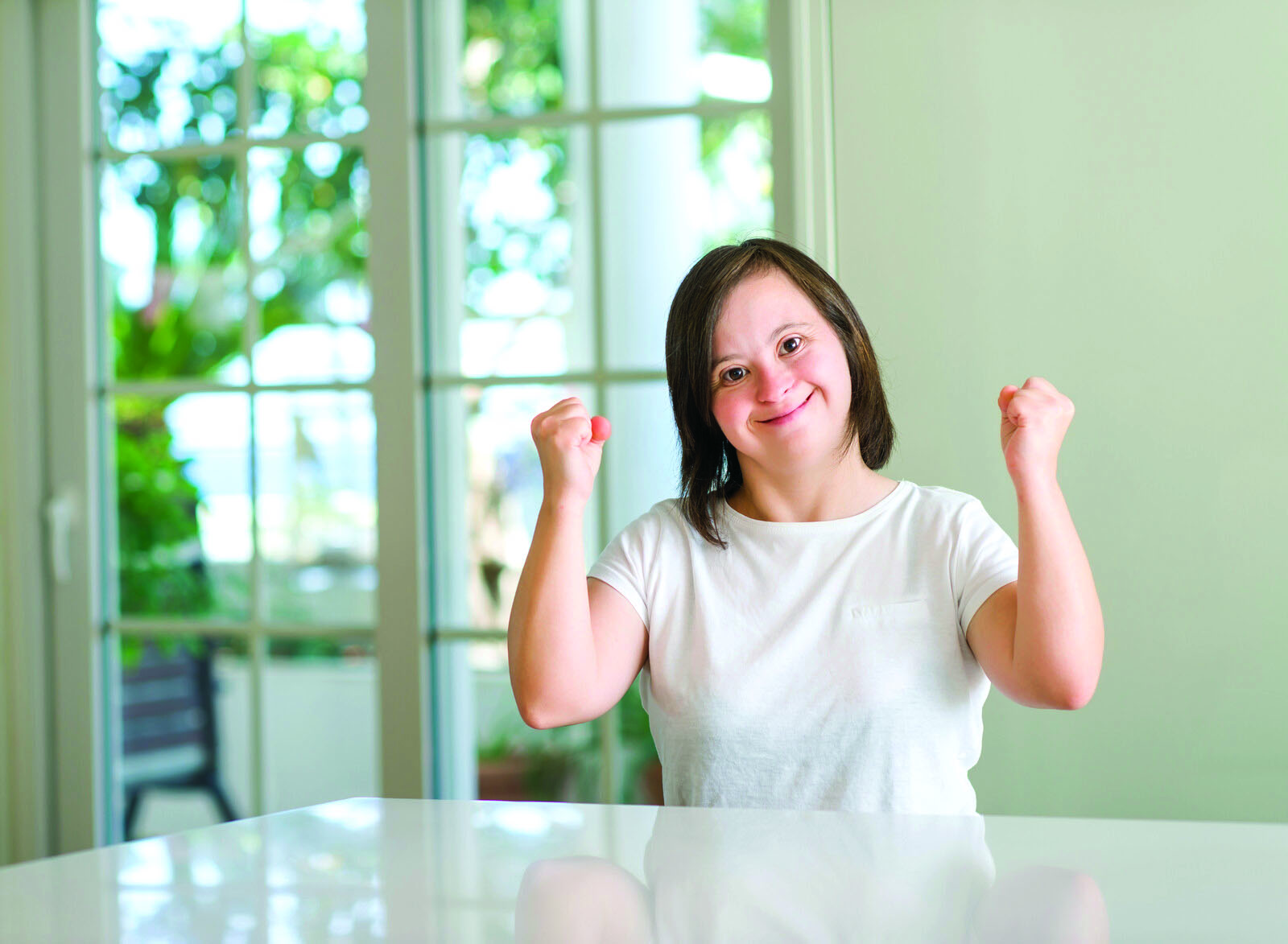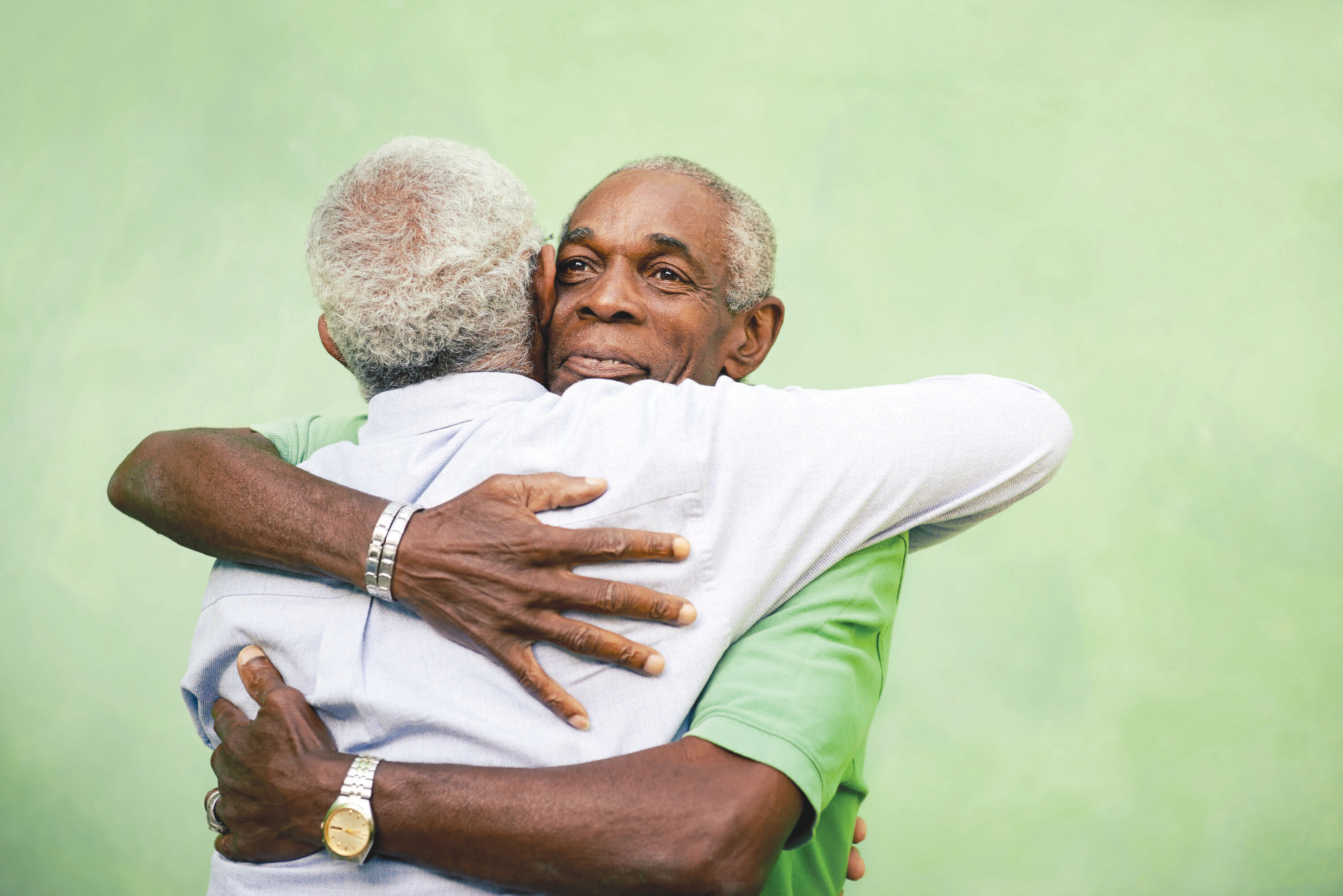By Christine Carter, PHD
To best cope with uncertainty, we need to stop complaining, take responsibility and focus on the outcomes we desire.
What should we do when everything feels so out of control?
Living with so much uncertainty is hard. Human beings crave information about the future in the same way we crave food, sex and other primary rewards. Our brains perceive ambiguity as a threat, and they try to protect us by diminishing our ability to focus on anything other than creating certainty.
Though evolution might have rigged our brains to resist uncertainty, we can never really know what the future will bring. During improbable situations like the pandemic, we need to learn to live with ambiguity. So how can we best cope? Here are seven strategies:

1. Don’t resist
We are living through challenging times. But resisting this current reality won’t help us recover, learn, grow or feel better. Ironically, resistance prolongs our pain and difficulty by amplifying the challenging emotions we are feeling. There is real truth to the aphorism that what we resist persists.
There is an alternative. Instead of resisting, we can practice acceptance. Research by psychologist Kristin Neff and her colleagues has shown that acceptance—particularly self-acceptance—is a counterintuitive secret to happiness. Acceptance is about meeting life where it is and moving forward from there.
To practice acceptance, we surrender our resistance to a problematic situation and also to our emotions about the situation. To be clear, acceptance is not the same as resignation. We aren’t accepting that things will stay the same forever; we’re only accepting whatever is actually happening at the moment. Practicing acceptance in the face of difficulty is hard, but it’s also the most effective way to move forward.
2. Invest in yourself
The best resource that you have right now for making a contribution to the world is YOU. When that resource is depleted, your most valuable asset is damaged.
We humans don’t do well when we defer maintenance on ourselves. We need to sustain the relationships that bring us connection and meaning; we must get enough sleep and rest when we are tired; and we need to spend time having fun and playing, just for the joy of it.
Don’t be confused: Self-care is not selfish. Selfishness is an anxious focus on the self. Selfish people tend to refer back to themselves by using words like I, me and mine. They pursue extrinsic goals, such as preserving a youthful appearance or cultivating an image of themselves on social media. They often hunger for more money, power or approval from others. This sort of self-focus is linked to stress, anxiety, depression and health problems such as heart disease. So, I’m definitely not recommending selfishness. I’m suggesting self-care and personal growth.
3.Find healthy ways to comfort yourself
One of the most important ways we can invest in ourselves is to comfort ourselves in healthy ways. If we are to stay flexible, we need to feel safe and secure. When we feel uncertain or insecure, our brain tries to rescue us by activating our dopamine systems. This dopamine rush encourages us to seek rewards, making temptations more tempting. But instead of turning to social media, junk food, alcohol or spending to soothe our rattled nerves, make a list of healthy ways to comfort yourself. Can you put on a mask and go for a hike or walk with a neighbor? Schedule a call with a friend? Reflect on what you’re grateful for? Let yourself take a nap? Watch a funny YouTube video?
4.Don’t believe everything you think
Perhaps the most essential stress-reduction tactic that anyone has ever taught me is not to believe everything I think. In uncertain times it’s particularly important not to believe thoughts that argue for the worst-case scenario. It can be helpful to consider worst-case scenarios but when we believe those stressful thoughts, we grieve for things we haven’t actually lost and react to events that are not actually happening. This makes us feel threatened, afraid and unsafe. So, instead of buying into every stressful thought, we can actively imagine the best possible scenario too. We can find silver linings to replace ruminations.

5. Pay attention
The opposite of uncertainty is not certainty; it’s presence. Instead of imagining a scary and unknown future, we can bring our attention to our breath. From there, we can check in with ourselves. Every time we wash our hands, for example, we could ask ourselves: How are you doing right now? We can still control things by attending to what’s actually happening in our inner world, right now, right here in the present. It allows us to cultivate calm, open-mindedness and non-reactivity.
6. Stop looking for someone to rescue you
When we act as though we are powerless, we get trapped in narratives that leave us feeling angry, helpless and trapped. And we start hoping other people will save us from our misery.
Although it can feel good when others dote on us, most rescuers don’t really help. Our friends might want to save us—because helping others makes people feel good—and their intentions might be noble. Rescuers tend to give us permission to avoid taking responsibility for our own lives. On the other hand, emotionally supportive friends (or therapists) see us as capable of solving our own problems. They ask questions that help us focus on what we do want instead of what we don’t.
To best cope with uncertainty, we need to stop complaining, take responsibility and focus on the outcomes we desire.

7. Find meaning in the chaos
We humans are best motivated by our significance to other people. We’ll work harder and longer and better—and feel happier about the work we are doing when we know that someone else is benefiting from our efforts. Research shows that we feel good when we stop thinking about ourselves so much and support others.
Meaning and purpose are wellsprings of hope. Don’t just wait for this ordeal to be over. Don’t be resigned to your misery while we wait for a vaccine or for the pandemic to ease.
What have you always wanted to do? What outcome are you hoping for? How can you make a real life during this time? Live that life.
Excerpted with permission from Greater Good, the online magazine of the Greater Good Science Center at UC Berkeley.
Christine Carter PhD is an author, speaker, coach and sociologist, as well as a Senior Fellow at the Greater Good Science Center.














